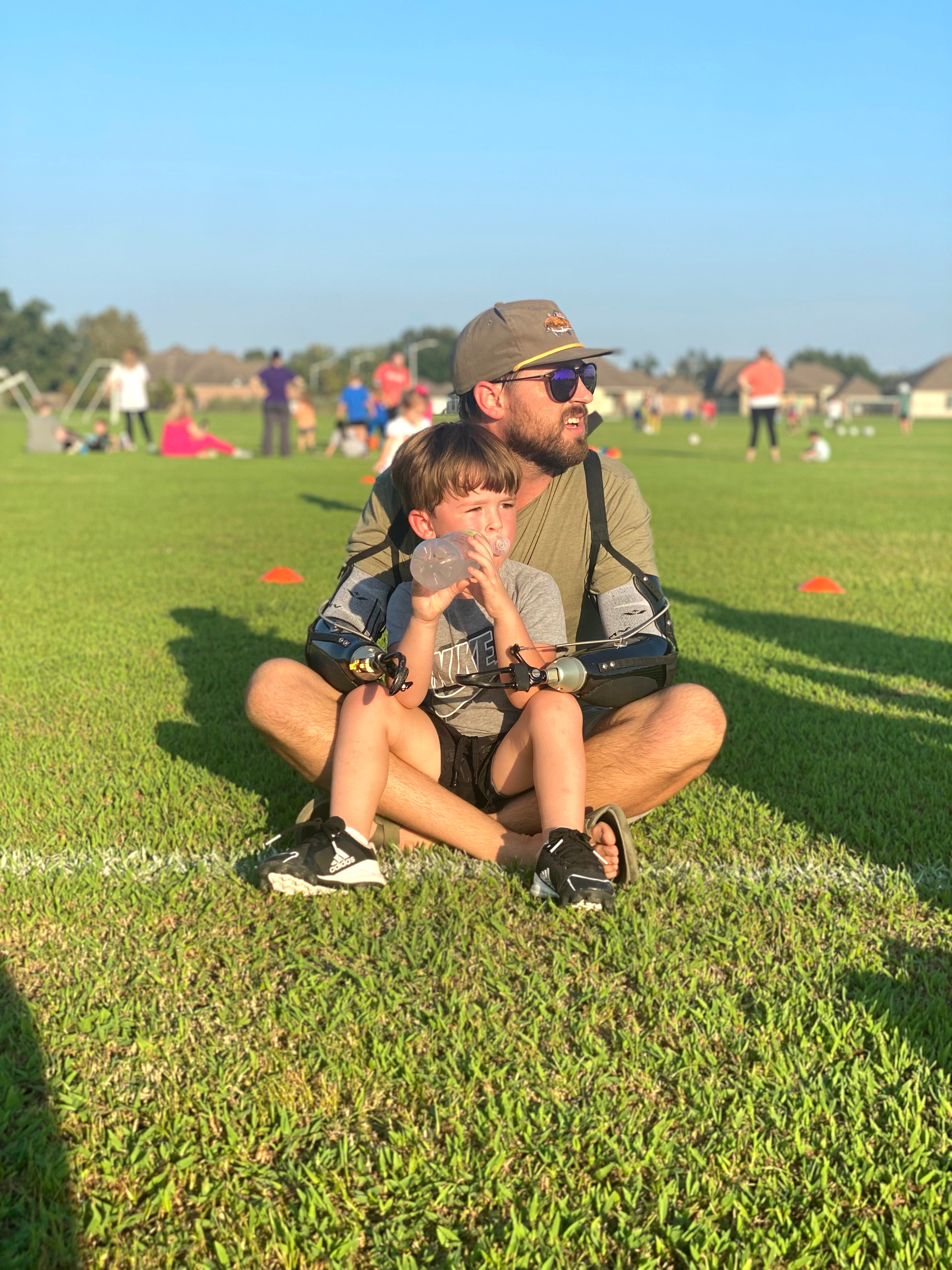Bill known as ‘Wells Middleton Law’ inspired by Natchez man’s story dies in committee
Published 12:27 pm Wednesday, February 1, 2023

- File photo / The Natchez Democrat — Sen. Melanie Sojourner
|
Getting your Trinity Audio player ready...
|
NATCHEZ — For the second year, a state Senate bill inspired by a Natchez man’s story has died in committee.
The bill, also known as “Wells Middleton Law,” SB 2863 was first authored by state Sen. Melanie Sojourner, R-Natchez, in 2022 to amend Mississippi’s rigid worker’s compensation law and tort laws so that workers who are egregiously injured on the job — or their surviving family if the worker is killed on the job — can sue employers if and only if they “can demonstrate that the employee’s injury or death on the job was caused by the employer’s gross negligence where injury was substantially certain to occur.”
As it stands, Mississippi employers can’t be sued for “gross negligence,” Sojourner said.
Sojourner said Tuesday she would make a final plea to the judiciary committee chair for the Bill before an 8 p.m. deadline, but to no avail.

Wells Middleton and his son Conrad bond together over soccer, a game where it is a benefit to not have hands as he said he could never have a handball foul. (Submitted Photo | Wells Middleton)
Wells Middleton, 33, lost both of his hands in an industrial accident on Aug. 6, 2020, in Natchez. The company he worked for, Great River Industries, now Enerfab, cut corners to make a profit, Middleton said. COVID-19 pandemic hardship caused company layoffs, and he was asked to work alone on a computerized welding machine that he said should have been operated by at least two people.
The machine had an overhead crane that bends and shapes metal pieces. Both of Middleton’s hands were caught in the machine and crushed with no way for him to turn it off.
“The machine had safety features missing,” he said, describing a spring-loaded shutoff lever duct-taped to allow the machine to run continuously. He also said a safety wire was missing that Middleton could have used to shut the machine off himself.
“Had that been there, I could’ve lost a finger. Because it wasn’t, I just had to scream as loud as I could until my supervisor came over and ripped the duct tape off to pull the lever.”
Because of the accident, he missed the birth of his son Levi while in the hospital. His older son, Conrad, was three at the time.
“Christmas is always a hard one, not being able to assemble my kids’ toys and just having to watch. Not being able to throw the baseball to my son. Not being able to hold their hands. My youngest son will never know what that’s like and my oldest son will more than likely forget,” Middleton said.
Middleton said both he and his family have suffered a great deal of hardship that he hopes no one else will have to deal with. After multiple surgeries and a full amputation of both of his hands, Middleton hasn’t been able to work and his wife, Lacey, acts as his full-time caregiver. He still has to go back and forth to Houston to Arm Dynamics to learn how to use the prosthetics and be fitted for new ones as his body changes, something he will have to go through for the rest of his life, he said.
“Your companies tell you about workman’s comp like it’s a good thing,” he said. “It’s horrible. Anyone who’s ever dealt with it would tell you. I’m having people who have their hands tell me what I need. You have to fight tooth and nail with them. … I used my hands for a living and I haven’t been able to work since.”
“Their profit was put before my safety and unfortunately, that happens to a lot of hard workers in Mississippi. I don’t want anybody or their family to go through what I have had to go through. So much has been taken away from my life and my kids’ lives, all for a profit.”
Sojourner said the amendment wouldn’t have allowed “frivolous lawsuits,” such as slip and fall injuries, which is what the existing law protects employers from.
“All this bill does is barely crack the door open to give people like Wells a fighting chance in court,” she said. “This bill is the exact language that Texas has in law. … If Texas is so business-friendly, there is absolutely no reason that Mississippi can’t pass it.”
She said, “Mississippi turned its back on Wells,” and all Mississippi workers.
“He represents the blue-collar hard-working men and women in our state right now,” she said. “They’re making Mississippi work. Without these young people, companies aren’t going to come here. … The bill could pass today and it’s not going to benefit Wells. He’s worried about the next person that gets hurt. There are so many great companies and good employers trying to make it, but what about the one that tried to cut a corner to save money? What if they took that chance and it cost a man his arms? That’s what happened in Natchez.”






